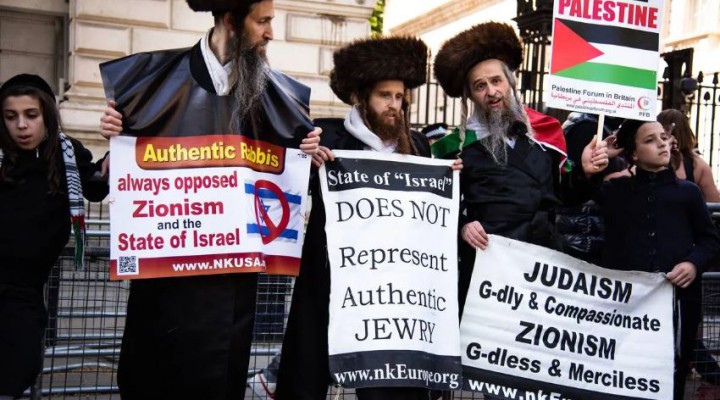The compromised nature of humanitarian aid for Palestinian refugees

The Commissioner General of the UN Relief and Works Agency for Palestine Refugees (UNRWA) has described succinctly all that is wrong in politics with regard to Palestine and Palestinian refugees, in a complicit manner, of course. In an interview with Reuters in January, Philippe Lazzarini made an appeal for UNRWA funding, stating that normalisation with Israel should not affect donors or donations.
“You can have strong bilateral relations with Israel and be a strong supporter of the agency,” Lazzarini said. “Whatever rapprochement or ties [with Israel] should not have the slightest impact on your commitment and your solidarity with the Palestine refugees and your support to an agency like UNRWA. We should not be the proxy or by-product of any political considerations.”
Although Lazzarini’s words are not contradictory in practice, since UNRWA is largely funded by voluntary donations from the same countries supporting the colonisation of Palestine and the displacement of the Palestinian people, his words expose the hypocrisy of the international community’s humanitarian paradigm. UNRWA was founded by the UN General Assembly in 1949 to provide essential services and protection for Palestinian refugees until a solution is found for their predicament. Their legitimate right to return to their land is overlooked in this context and has never been fulfilled. What is missing from the mainstream narrative on UNRWA and Palestinian refugees is that the UN invented the humanitarian paradigm as a barely sustainable venture that complements Israel’s colonial expansion in Palestine. The UN is no closer to a solution today, after decades of constructing impunity for Israel’s colonial violence against Palestinians. While insisting that the only solution is the defunct two-state paradigm, Israel is planning its annexation moves. This means that to safeguard the humanitarian paradigm, UNRWA will become a permanent fixture in the international narrative.
UNRWA’s appeal in January this year for $1.6 billion was made amid warnings that donors might be restricting their usual budget for the agency. Former US President Donald Trump’s “deal of the century”, now hardly mentioned after being eclipsed by the Abraham Accords, tried to usher in a new narrative which attempted to eliminate UNRWA while still promoting the humanitarian paradigm for Palestinians. At the time, the main focus of the ensuing debate was about UNRWA’s existence, and Palestinians were once again marginalised, as if their role was only to fit the parameters decided for them by the international community. So, despite what Lazzarini claims about UNRWA’s neutrality, the agency’s stance is a political one, determined by the international narrative on Palestine.
UNRWA’s dependence on countries complicit with Israel, whether through the Abraham Accords or the two-state paradigm, is dangerous for Palestinians. The humanitarian paradigm is already a political consideration — and highly politicised — despite what Lazzarini claims. While UNRWA delivers important and essential services for Palestinians, it is also delivering the message that compromised humanitarian aid for Palestinians is an acceptable norm. Humanitarian aid, therefore, will always be inadequate, not only when considering the predicament of Palestinian refugees in terms of basic needs, but also given the fact that Israel is bailed out for its violations by humanitarian aid. As an organisation, UNRWA is concerned about securing funding and painting a false, apolitical narrative. The truth, however, is very political; UNRWA only exists because of the international community’s political commitment to protect Israel’s colonial existence.
https://www.middleeastmonitor.com/20230216-the-compromised-nature-of-humanitarian-aid-for-palestinian-refugees/
 TheAltWorld
TheAltWorld 
0 thoughts on “The compromised nature of humanitarian aid for Palestinian refugees”